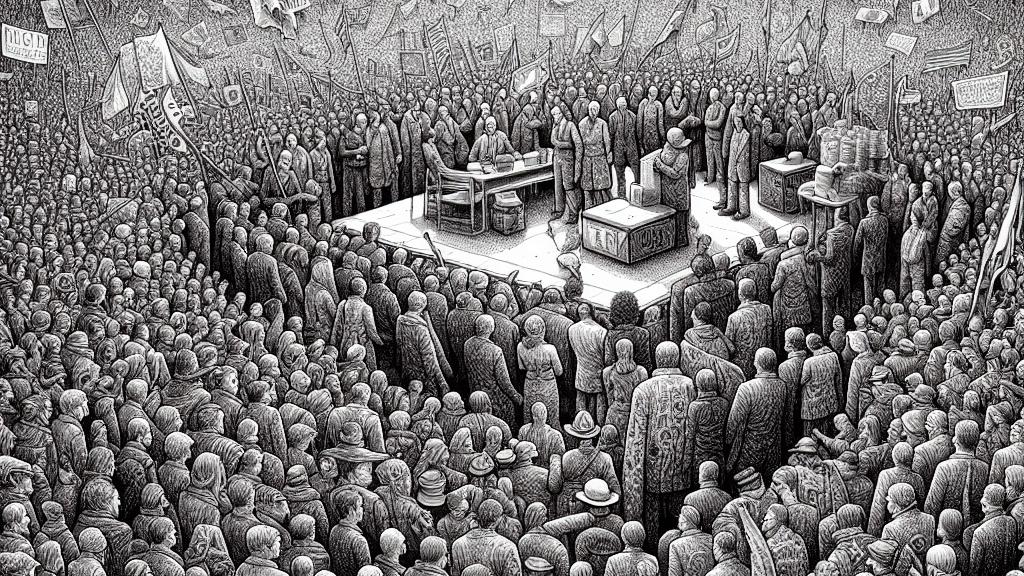Understanding the Threat of Armed Groups in the Philippines Elections
Overview
- Armed Muslim groups pose a significant threat to election integrity.
- Thousands of former MILF fighters remain armed, exacerbating tensions.
- Rising political disagreements in Mindanao could lead to violence.

A Fragile Peace
In the Philippines, especially in the complex and often volatile Bangsamoro Autonomous Region, peace is anything but guaranteed as midterm elections loom on the horizon. The Moro Islamic Liberation Front (MILF) has long been a key player in this region's political dynamics, having signed a peace agreement with the government in 2014, much to the relief of many. However, despite this progress, approximately 14,000 fighters remain armed and could pose a serious threat to the region's stability. This is not merely numerical; each armed former fighter symbolizes a potential spark that could ignite conflict at any moment. Visualize a political gathering turned chaotic, as competing factions vie for power while tensions boil—we must acknowledge that scenarios like these are real possibilities.
Political Clans and Violence
The political landscape in Mindanao is as intricate as a spider’s web, filled with powerful clans that deftly maneuver through the system, often relying on intimidation and violence to hold sway. With armed MILF fighters still active, the impending elections could very well act like a lit fuse, threatening to trigger a volatile outbreak of violence. Experts like Rommel Banlaoi caution that instead of backing down, these groups might seize this opportunity to resurrect historical rivalries. Picture this: everyday citizens, intending to exercise their democratic rights, find themselves ensnared in a maelstrom of violence, an atmosphere so charged with unpredictability that even stepping outside becomes a gamble. This is not just a theory; it is a legitimate fear felt by many in the region.
The Stakes Are High
The stakes for these elections are alarmingly high—not only do they influence local governance, but they have implications that resonate on a national scale. Communities are bracing themselves as they worry that violence could erupt, resulting in tragic consequences for innocent lives. Imagine the spiral: families caught in the crossfire, homes disintegrating into battlefields, and years of painstaking efforts toward peace crumbling into ashes. The shadow of this potential tragedy illuminates the fragile nature of the progress that has been made. As the political dynamics continue to shift, it becomes increasingly vital to recognize that the decisions made in the upcoming weeks will have far-reaching consequences, potentially affecting generations to come. The struggle for peace is an ongoing battle, and the choices we make now could echo throughout history.

Loading...